As you’re preparing a yummy dinner aboard, don’t forget basic propane stove safety! Most cruisers are aware of the precautions necessary when you’re using a propane stove, but here’s a reminder (since I’ve forgotten twice in our few days back aboard!). Minimize the risk by using good safety practices every time you use your stove.
We’re assuming your propane is turned on at the tank – we leave ours turned on at the tank in the propane locker in cockpit while we’re cruising, but some cruisers prefer to turn the tank off every evening for additional insurance against leaks. If you turn yours off at the tank, be sure to turn on the propane first, otherwise it can be frustrating trying to figure out why the stove isn’t lighting!

Step 1: first turn on the propane at the solenoid, which on our boat is below the electrical panel by the nav desk. The solenoid remotely controls the shut-off by using a electric solenoid shut-off valve wired conveniently to a switch inside. Our solenoid is installed below the boat electrical panel by the nav desk. Flipping it on should light a bright red warning light that reminds you that the solenoid switch is on. The solenoid should never be turned on or left on unless you’re using the stove.
Step 2: now light the stove burner and cook dinner. Because the solenoid is on the propane will be flowing to the stove.
Step 3: Do NOT turn the stove burner off when you’re done cooking! Strange I know, but important. Instead flip off the solenoid switch which will allow any propane remaining in the lines to burn up and the burner will go out all on it’s own.
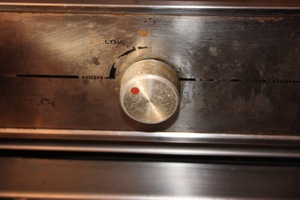
Step 4: After you’ve turned off the solenoid and watched as the burner slowly burned itself out, it’s finally time to turn off the stove burner.
This process is so easy, it should be second nature, but through lack of attention, twice in six days, I’ve either forgotten to flip off the solenoid switch overnight (obviously I made the mistake of turning the burner off at the stove) or flipped off the solenoid and then forgotten to turn off the burner.
Don’t trifle with safety precautions when it comes to propane. Explosions are rare, but they do happen and can be fatal.
And don’t forget, if you’re leaving the boat … either for the commuter cruiser hurricane season, or even just for a few days to enjoy some inland travel … turn the propane off at the tank.
Safe cooking!
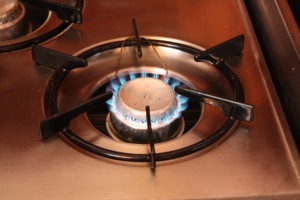


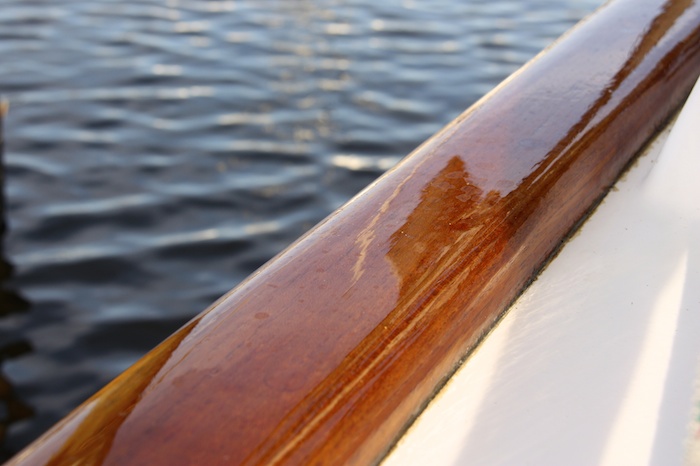







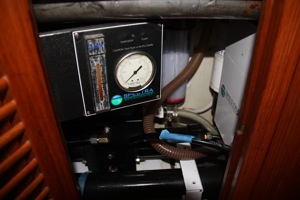
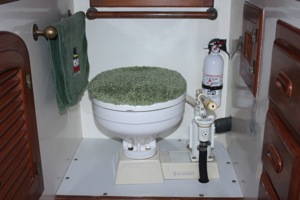
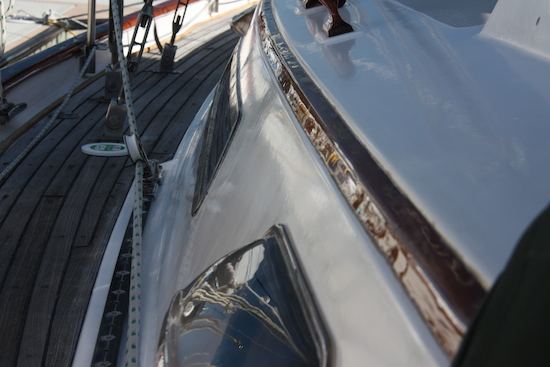
Thanks for sharing a safety tips related to the gas stove. we should always use trusted products for gas stove.
Thanks for helping me understand that explosions are rare with propane, but it is still best to be safe when you are using this type of gas. I will keep that in mind since we have decided to use this gas for cooking and heating. Our house just got finished with its construction this month that is why we are not looking for the specifics such as the heating and the electrical systems.